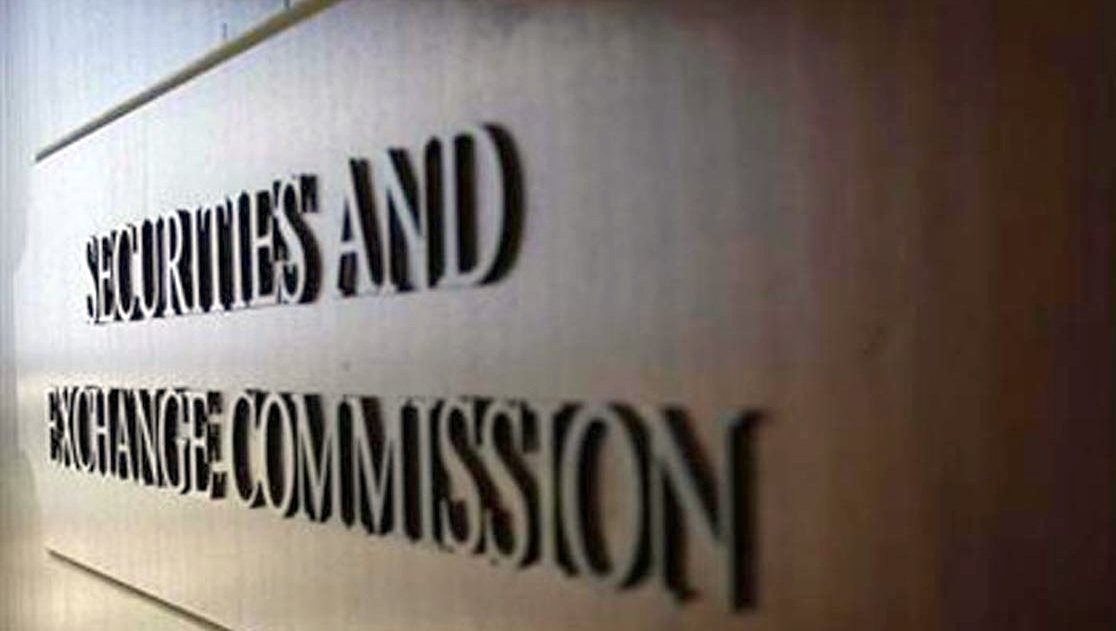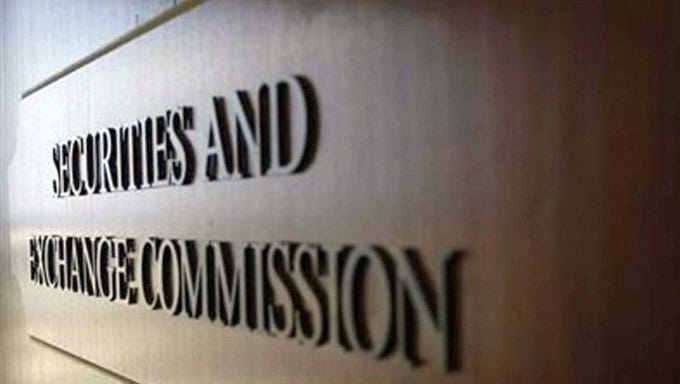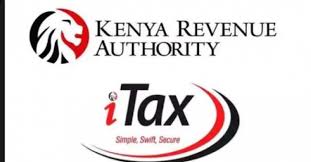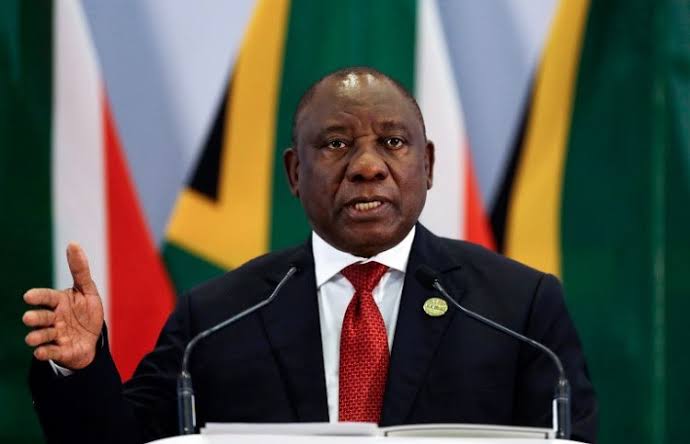Central Bank Of Nigeria Toughens Rules For Mobile Money Operators Under New Regulations
The Central Bank of Nigeria has released a 40-paged document detailing the rules and guidelines for the operations of mobile money in the country. Mobile money operations can only be run by Nigerian banks or companies that have received a license from the central bank under the new guidelines. Mobile network operators that provide the infrastructure for the functioning of mobile money in Nigeria are likewise prohibited from accepting deposits from the general public, with the exception of airtime billing. They are also prohibited from using the airtime value loaded by their clients for payment or monetary transfers.

“This guideline addresses business rules governing the operation of mobile money services, and specifies basic functionalities expected of any mobile payment service and solution in Nigeria. It identifies the participants and defines their expected roles and responsibilities in providing mobile money services in the system. In addition, it sets the basis for the regulation of services offered at different levels and by the participants,” CBN states.
What Operations Can A Holder Of A Mobile Money License Undertake Under The New Rules?
Under the new rules, a holder of a mobile money license can undertake the following activities:
- Creation and management of mobile money wallet.
- Issuance of electronic money.
- Recruitment and management of mobile money agents.
- Management of mobile money pool account.
- Activities non-bank acquiring can participate in as stipulated in the regulatory requirements for non-bank merchant acquiring in Nigeria;
- Acquisition of cards for its customers; as well as
- Any other activities that may be permitted by the CBN.
What Operations Are Holders Of Mobile Money License Forbidden From Undertaking?
Holders of mobile money license are forbidden from undertaking the following activities:
- Granting any form of loans, advances and guarantees (directly or indirectly);
- Accepting foreign currency deposits;
- Dealing in the foreign exchange market except as prescribed in Section 4.1 (ii & iii) of the extant Guidelines for Licensing and Regulation of Payment Service Banks in Nigeria;
- Insurance underwriting;
- Accepting any closed scheme electronic value (e.g. airtime) as a form of deposit or payment;
- Establishing any subsidiary;
- Undertaking any other transaction which is not prescribed by the Guidelines.
Can Mobile Money Operators Invest The Funds Of Their Customers At Their Disposal?
Yes. Under the new rules, mobile money operators are allowed to invest funds on saving wallets at their disposal. However, such investment is limited to investments in only the Nigerian Treasury Bills (NTB). The mobile money operators must, nevertheless, ensure that the total of the principal amount invested and the balance on the Savings wallet principal pool account with the settlement bank equals the total of outstanding savings wallet balances at all times.
Read also:Nigeria Is Going Cashless With New CBN Policy. Here Is What Nigerian Businesses Need To Know
Any More Information?
For more information, click here.
Charles Rapulu Udoh

Charles Rapulu Udoh is a Lagos-based lawyer who has advised startups across Africa on issues such as startup funding (Venture Capital, Debt financing, private equity, angel investing etc), taxation, strategies, etc. He also has special focus on the protection of business or brands’ intellectual property rights ( such as trademark, patent or design) across Africa and other foreign jurisdictions.
He is well versed on issues of ESG (sustainability), media and entertainment law, corporate finance and governance.
He is also an award-winning writer




















